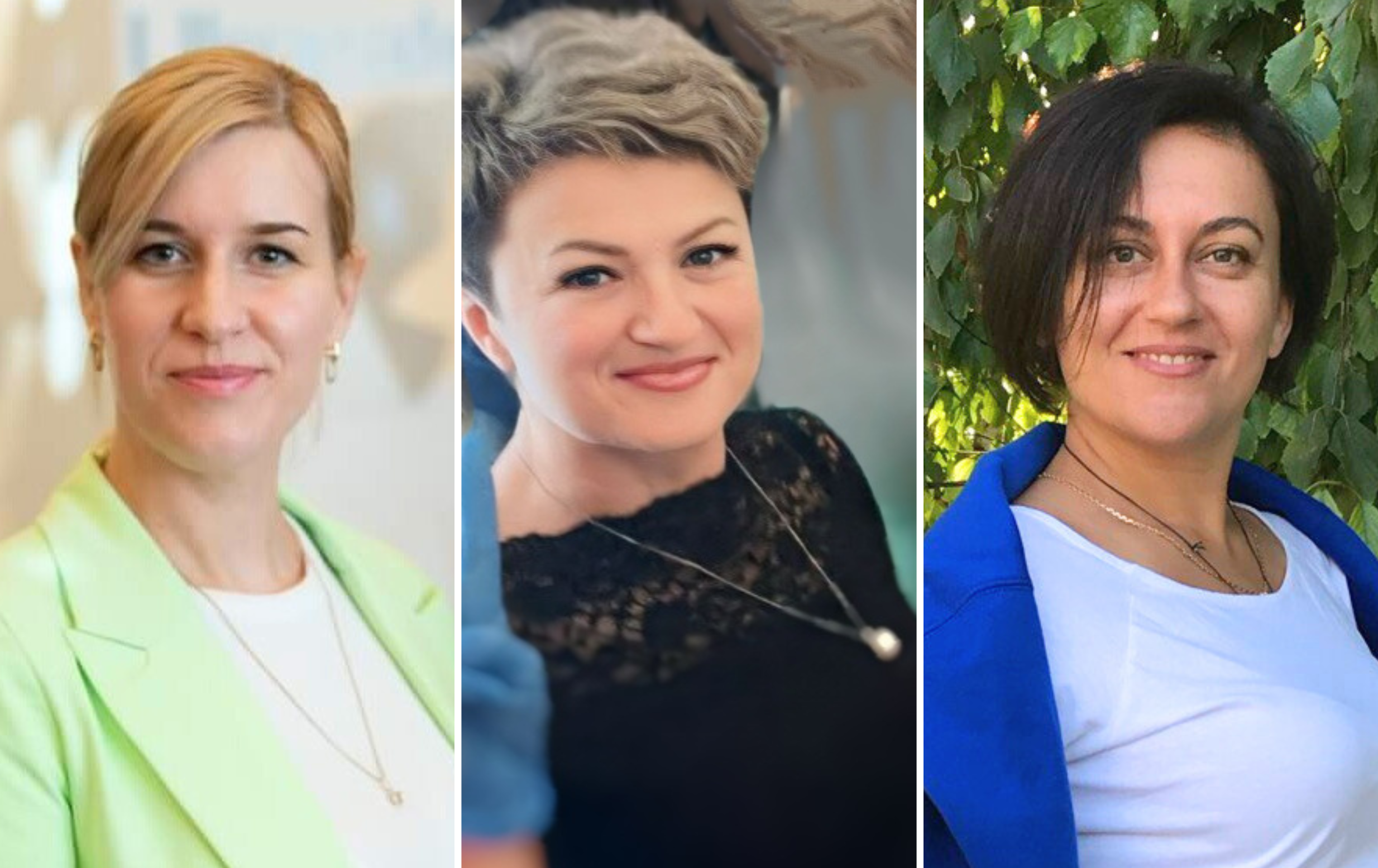Breaking Stereotypes: Ukrainian Women Entrepreneurs in Lithuania – What Did a Business Development and Incubation Program Reveal?

While entrepreneurship is, in theory, open to all, in practice women face greater challenges and responsibilities. They are often less visible and more likely to lack confidence in their abilities when starting a business. And if you are also a newcomer from a war-torn country, the obstacles multiply. Nevertheless, initiatives within innovation communities show that targeted support, inclusive networks, and empathetic mentorship can provide strong encouragement to overcome early uncertainty and sustain motivation on the entrepreneurial journey. Experts are calling for cross-sector collaboration, sensitivity to context, and, above all, genuine belief in women’s potential.
"According to data from the Ministry of the Economy and Innovation of the Republic of Lithuania, there are currently around 2,600 registered business entities in Lithuania where Ukrainian citizens hold more than 50% of shares. While there is no precise data on how many of these were founded by women, a clear trend of increasing entrepreneurial activity is evident. This was also confirmed by the business development and incubation program organised by Tech-Park Kaunas in partnership with the Interreg Baltic Sea Region (BSR) project ‘BSI_4Women’,” explains Živilė Paužaitė, Head of Quality at Tech-Park Kaunas.
The intensive four-month business development and incubation program invited Ukrainian women to acquire essential entrepreneurial knowledge. The organisers received nearly 100 applications, and following the initial selection process, 22 participants from Kaunas, Alytus, Panevėžys, and Vilnius were invited to begin their business development journey. Experience has shown that Ukrainian women residing in Lithuania frequently face a lack of knowledge and financial resources.
“It emerged that only one in four women felt they had the knowledge and skills required to launch a business, and half lacked the financial means to grow it. Many highlighted that at an early stage, a reliable support system, both emotional and professional, is essential. That’s why communities where women can share experiences, find like-minded peers, receive advice, and explore opportunities for collaboration are so highly valued,” adds Živilė Paužaitė.

Her view is echoed by Vaiva Kelmelytė, Director of Operations at Tech-Park Kaunas: “The Ukrainian women currently building their lives in Lithuania have various needs related to integration, security, staying connected with family members still in war zones, and establishing businesses in a new country. They often face language barriers and a lack of legal knowledge, but above all – uncertainty about where to start.”
At the end of May, the "Transnational Demo Day" took place in Poland as part of the Interreg Baltic Sea Region’s "BSI_4Women" project. More than 20 finalists from seven countries presented their business ideas. Ukrainian entrepreneur Olena Bondaruk, representing Lithuania, was awarded third place. She presented her jewellery brand “ViLena” and a concept for a digital platform that combines elegance, mindfulness, and sustainability. Three years ago, fleeing the war-hit city of Kherson, she left her existing business behind. Today, she is building new beginnings in Lithuania.
“The business development programme was a new experience filled with fresh impressions. It reminded me of my student days: absorbing a lot of information, staying up late with homework and presentation preparation. All of it for one goal – to start my business again, but this time in the European Union. I’m grateful to all the mentors and lecturers who provided practical knowledge,” says Olena Bondaruk.
Lithuania was also represented by Anna Studnikova, founder of “Šventė su Siela”, a boutique family events agency, and Tetiana Khudyk, creator of “OKSAMYT”, a sustainable and aesthetically driven beauty services solution. All these ventures were born out of personal experience, challenges, and the desire to create meaningful work in a new country.
Having personally experienced the integration process in Lithuania, business incubation mentor and Klaipėda University lecturer Dr Galina Mishenina most values women’s sense of community. “They don’t need theoretical seminars as much as they need genuine connection, shared experiences that help overcome not just business hurdles but life challenges too. When a woman feels heard and supported, she doesn’t just build a business, she creates change that strengthens the entire ecosystem.
“I don’t have a formula for balancing family, business, and emotions, because balance isn’t an equation. It’s a state we strive for every day, often under circumstances we didn’t choose. Many participants came not only with business ideas, but also with pain, burnout, responsibility for children, ageing parents, and lives shaped by migration. For them, the mentoring sessions were not only about the ‘profitability of a business model’. They were safe spaces where they felt seen, not judged or pressured to perform. It’s important to understand that balance isn’t a goal. It’s a process. Simple habits, self-awareness, and having the right people around us help us find our rhythm, our grounding, and our voice. We must allow ourselves to take small steps,” says Dr Galina Mishenina.
Initiatives such as mentoring, “Entrepreneurship Opportunity Fairs”, integration events, and professional networking become vital touchpoints for turning ideas into reality. A culture of support, sensitivity to individual contexts, and an equal dialogue not only fosters business development but also strengthens communities that lay the foundation for sustainable social change.



